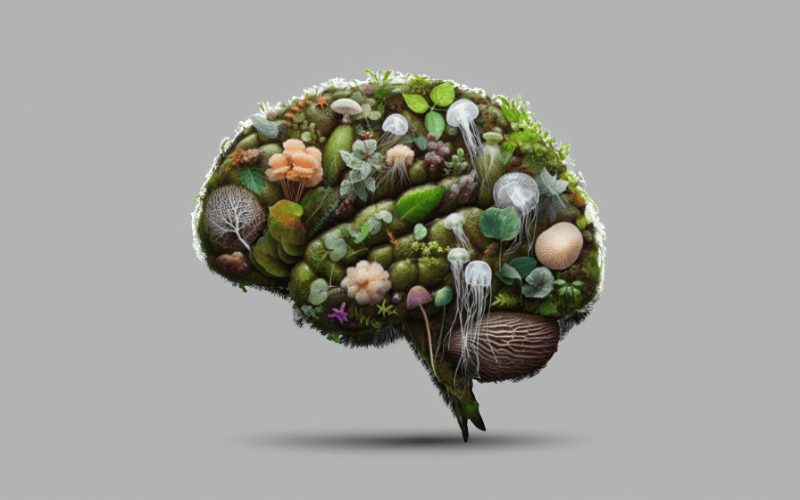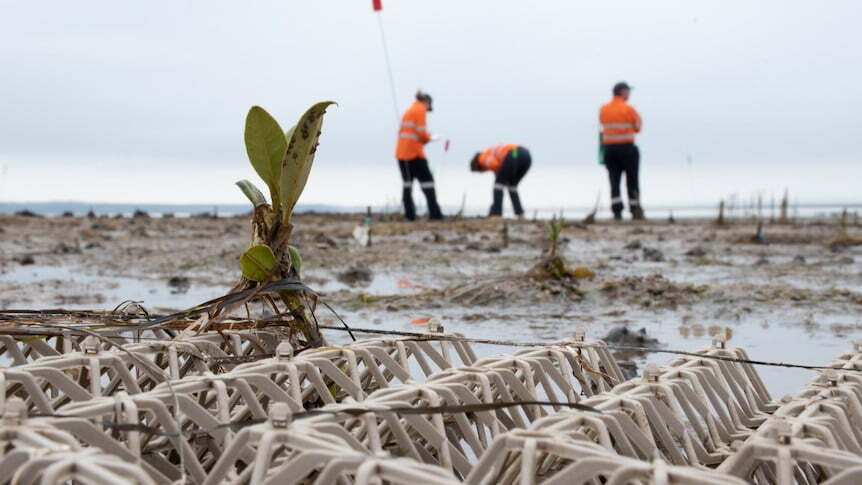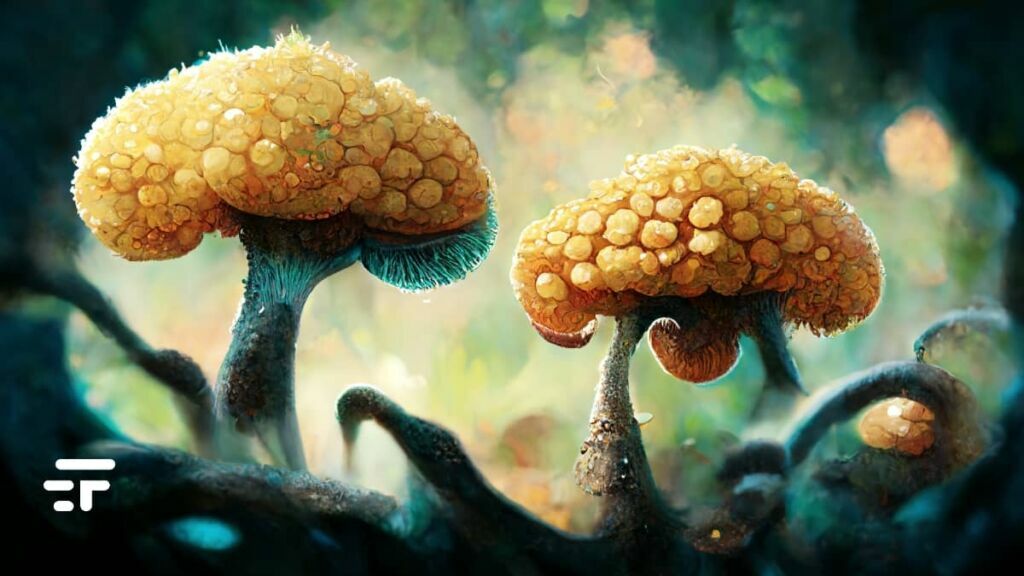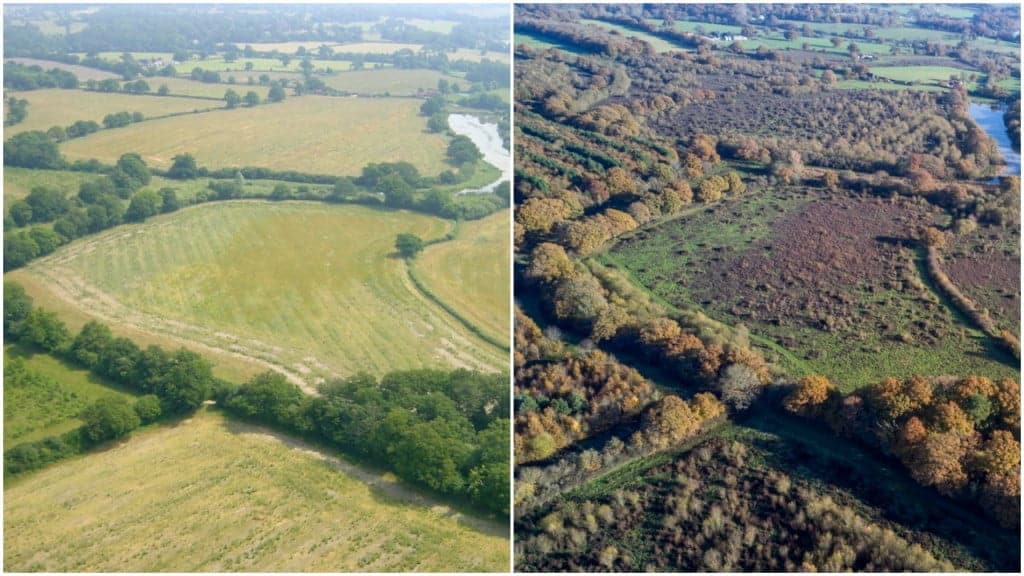
Even brainless beings learn: let's rethink the concept of "thinking"
Jellyfish, anemones and plants demonstrate that learning is not just a prerogative of the brain. How "thinking" nature works.

Jellyfish, anemones and plants demonstrate that learning is not just a prerogative of the brain. How "thinking" nature works.

Deakin University experiments with the use of 3D printers to protect the coasts and encourage the growth of mangrove plants in Australia.

Scientists listened to the mushroom "conversations". And they found that the signals they exchange have a structure very similar to that of human language.

A bridge that develops like a forest joining two banks separated by a highway: Atrium shows us the fantastic synergy possible between man and nature.

Research from the University of Canterbury has produced interesting results on a new system for predicting volcanic eruptions

Over the past 50 years, two-thirds of the world's wilderness has been lost and around 40% of plant species are on the verge of extinction. Rewilding has a 5-step recipe to bring nature back.

We all know the formidable sense of smell of dogs: it does not seem to be the only gift. An exceptional study reveals that dogs would "consult" the Earth's magnetic field for orientation.

New research published in Energy and Environmental Science, a group at the Great Lakes Bioenergy Research Center and the University of Madison, Wisconsin has described an efficient and cost-effective process for producing HMF, Hydroxymethylfurfural, a plant-derived compound considered crucial in the development of a renewable economy.